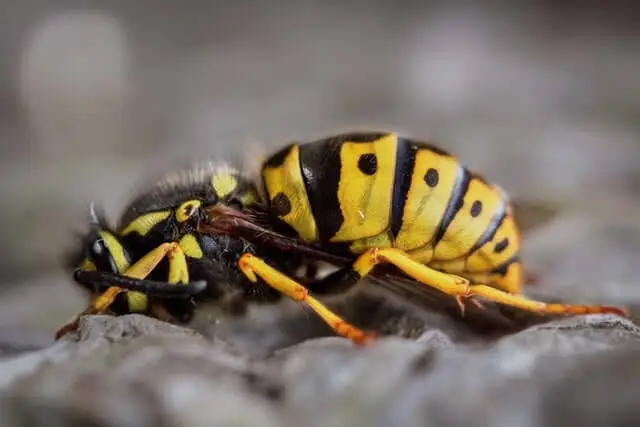Introduction:
Stinging insects like wasps can quickly become a nuisance, posing threats to both public health and property. In such cases, early intervention is paramount for effective pest control management. Recognizing the importance of timely action, organizations like waspexterminator.org/ offer specialized services tailored to tackle these issues swiftly and efficiently.
As the buzzing of wasps signals the arrival of warmer months, property owners often find themselves grappling with the presence of these aggressive insects. However, the significance of addressing wasp infestations early cannot be overstated. Beyond mere annoyance, wasps can inflict painful stings, triggering allergic reactions in susceptible individuals. Moreover, unchecked infestations may lead to structural damage to buildings and disrupt outdoor activities.
In this context, waspexterminator.org/ emerges as a beacon of relief, providing expert assistance in the form of professional extermination services. By leveraging their expertise and state-of-the-art techniques, they enable prompt identification and eradication of wasp nests, thereby safeguarding both human well-being and property integrity.
In the subsequent sections, we delve deeper into the critical role of early intervention in wasp and stinging insect pest control, elucidating the multifaceted benefits it offers to communities and ecosystems alike.
Early intervention in wasp and stinging insect pest control is crucial for several reasons:
- Preventing Infestation: Early intervention allows for the identification and treatment of potential nesting sites before they become established. This prevents the rapid growth of insect populations and reduces the likelihood of infestations.
- Safety: Stinging insects such as wasps can pose significant safety risks, especially to individuals allergic to their venom. Prompt intervention minimizes the chances of stings and the associated health risks.
- Cost-Effectiveness: Addressing stinging insect problems early can be more cost-effective than waiting until the infestation becomes severe. Early intervention typically requires less time, resources, and effort to control the pest population.
- Protecting Property: Wasps and other stinging insects can cause damage to property, particularly if they establish nests in or around buildings. Early intervention helps prevent structural damage and minimizes the need for repairs.
- Preserving Ecosystem Balance: Stinging insects play essential roles in ecosystems, such as pollination and insect pest control. Early intervention focuses on targeted control methods that minimize harm to non-target species and preserve ecological balance.
- Public Health: Stinging insects can carry diseases and bacteria, posing risks to public health. Early intervention helps mitigate these risks by reducing contact between insects and humans.
- Reducing Disruption: A stinging insect infestation can disrupt daily activities, such as outdoor events or work on a property. Early intervention minimizes the disruption caused by these pests and allows normal activities to continue without interruption.
Overall, early intervention in wasp and stinging insect pest control is essential for mitigating risks to human health, property, and the environment while also ensuring effective and efficient management of pest populations.
Conclusion
In conclusion, early intervention in wasp and stinging insect pest control is paramount for safeguarding both human well-being and ecological harmony. By promptly addressing potential infestations, such as those identified through vigilant surveillance and the services provided by organizations like waspexterminator.org/, communities can mitigate safety risks, protect property, and maintain the delicate balance of ecosystems. Additionally, prioritizing early intervention ensures cost-effectiveness, minimizes disruptions to daily life, and upholds public health standards. For those in urgent need, services like 24 hour exterminator in Alexandria stand ready to provide immediate assistance, reaffirming the importance of swift action in managing pest populations and fostering harmonious coexistence between humans and nature.






